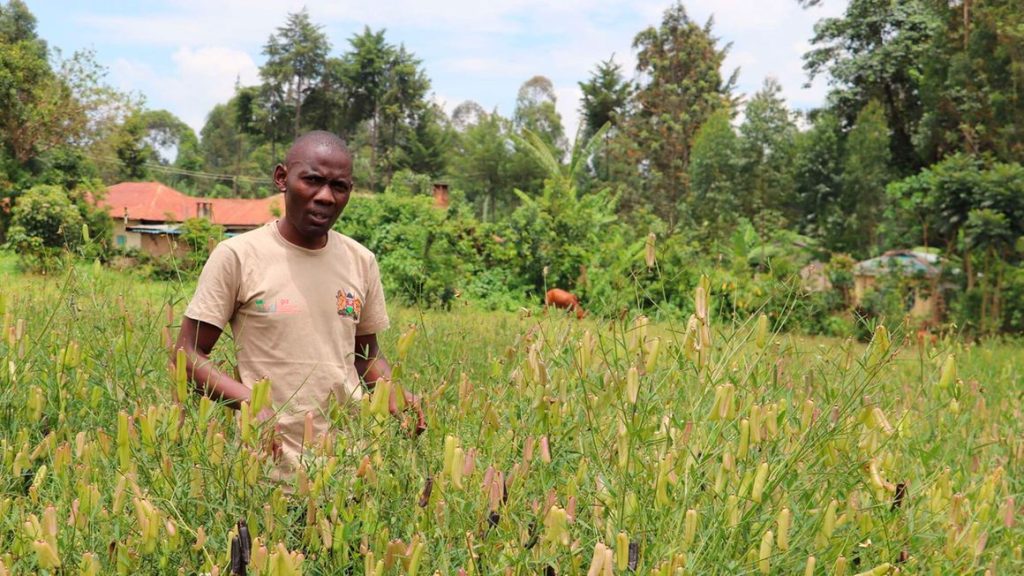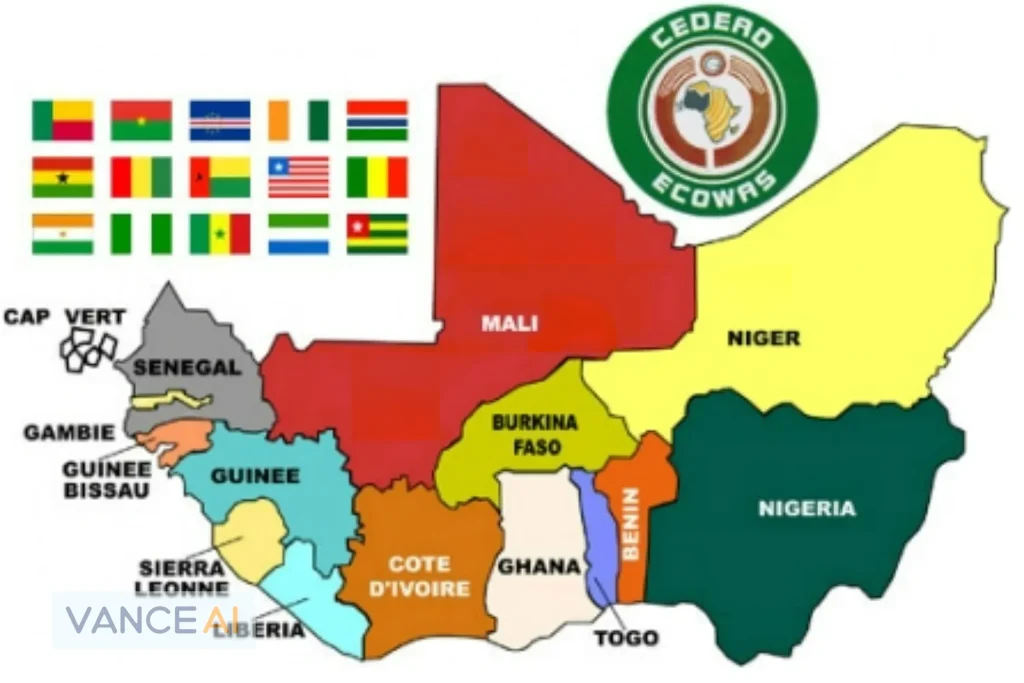A significant number of African vegetable varieties are facing extinction, with some already lost, as climate change, urbanization, and poor dietary habits take their toll on biodiversity. At the recent Africa Food Systems Forum (AFSF) in Kigali, experts raised concerns about the vanishing indigenous African vegetable species and called for urgent action to preserve them.
Dr. Sognigbe N’Danikou, a conservation expert at the World Vegetable Centre, highlighted that many traditional African vegetables have been replaced by exotic varieties, making them difficult to find. One such example is Abelmoschus manihot, a type of okra that was once widely consumed in West Africa and used for medicinal purposes but is now extremely rare. Similarly, other native plants like black nightshade and amaranth are critically endangered, while numerous wild edible plants have already disappeared. These traditional vegetables, rich in essential minerals and vitamins, play a vital role in local diets.
Over the past century, approximately 75% of the diversity in African vegetables has been lost, according to Dr. N’Danikou. This is part of a broader global problem, as National Geographic reported that seed diversity diminished by 93% between 1903 and 1983, with even fewer varieties surviving today. For instance, 544 varieties of cabbage have shrunk to just 28, and 463 kinds of radishes have been reduced to 27.
In Africa, several factors, including urbanization, climate change, and unsustainable farming practices, have contributed to the decline of these traditional crops. The expansion of cities, construction of roads, and widespread use of herbicides in countries like Eswatini have destroyed many vegetable varieties, often without their seeds being preserved. Additionally, climate-related events such as floods and landslides have further exacerbated the extinction of these plants.
Despite the urgent need for intervention, both governments and the private sector have not invested adequately in seed banks or research to protect these vegetables. However, efforts are being made to reverse the trend. The World Vegetable Centre has introduced the Vegetable Biodiversity Rescue Plan, a project aimed at collecting and conserving the seeds of endangered vegetable species to prevent their extinction.
Dr. N’Danikou emphasized that traditional knowledge about these species is also fading in many communities. Wild relatives of crops like cowpeas, which were originally domesticated in Africa, are disappearing, mainly due to urbanization and climate change. The rescue plan will focus on conserving the seeds of these wild varieties for future breeding programs.
The implementation of this 10-year rescue plan is estimated to cost $12.5 million. A pilot phase of the project, supported by the Taiwan Africa Vegetable Initiative, was conducted from 2021 to 2024 in Benin, Eswatini, Madagascar, and Tanzania, where over 17,000 vegetable varieties were collected for preservation. The pilot phase also resulted in the construction of two new African genebanks and the upgrading of three others, as well as the training of 174 African genebank staff.
Colleta Ndunguru, program manager for the World Vegetable Centre in Tanzania, emphasized the urgency of this issue and called for collective efforts from policymakers, scientists, and private sector partners. Private entities like Equity Bank have already pledged support for these initiatives.
Ndunguru also highlighted the need to invest in national conservation infrastructure to create functioning gene banks capable of preserving and replicating traditional vegetable varieties before they are lost. Additionally, she called for policies that encourage farmers to cultivate indigenous vegetables and for consumers to incorporate them into their diets to ensure these valuable plants continue to play a role in African food systems.
By promoting farmer-managed seed systems and supporting the conservation of African vegetable varieties, experts believe it is possible to halt their extinction and address issues like malnutrition, while preserving the rich biodiversity of the continent’s traditional crops.























